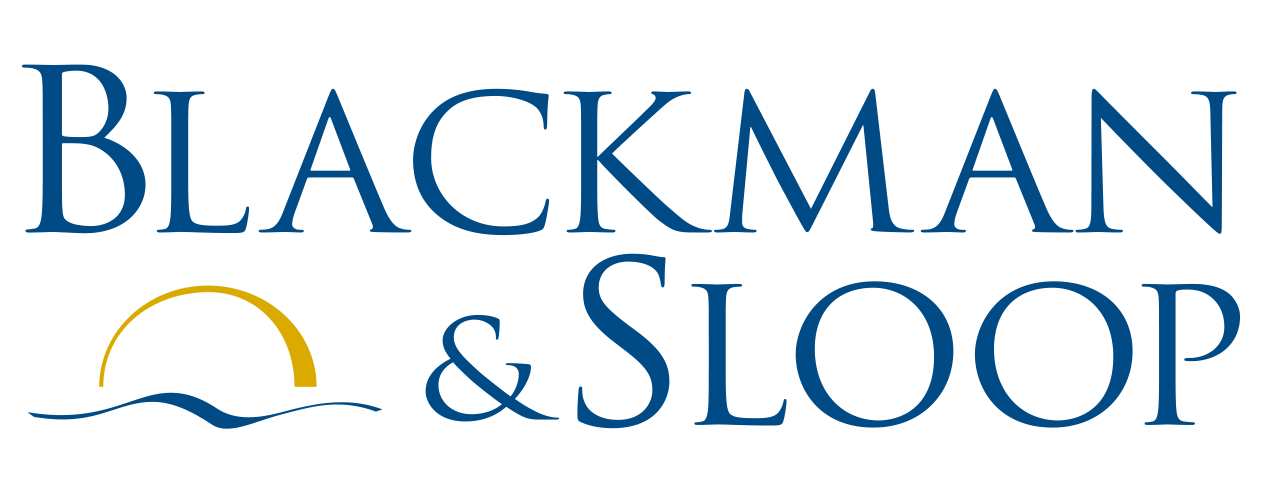Audit Committee Self-Assessment
By Laurie De Armond, CPA What is the audit committee self-assessment? This is a tool designed to assist the audit committee in evaluating how well the audit committee is executing their responsibilities. Please refer to BDO’s Effective Audit Committees for Nonprofit Organizations audit committee self-assessment section to...

